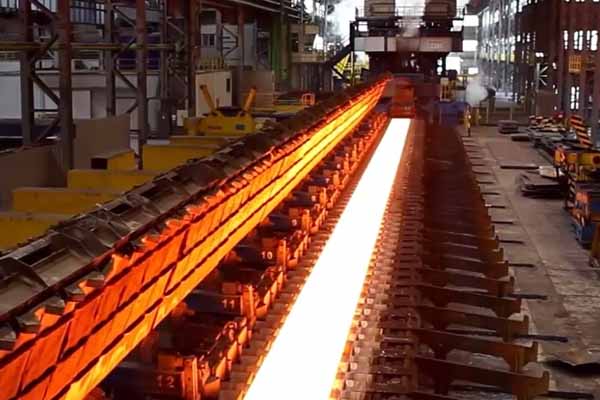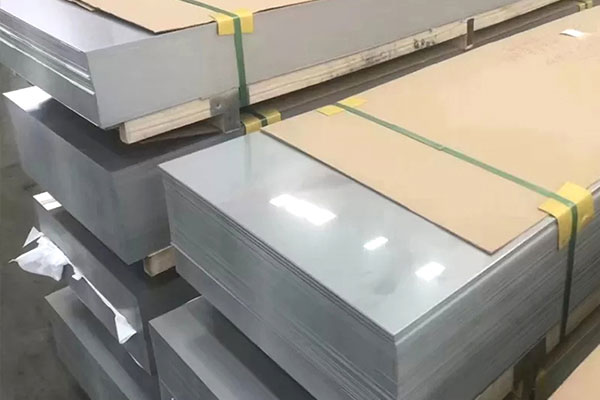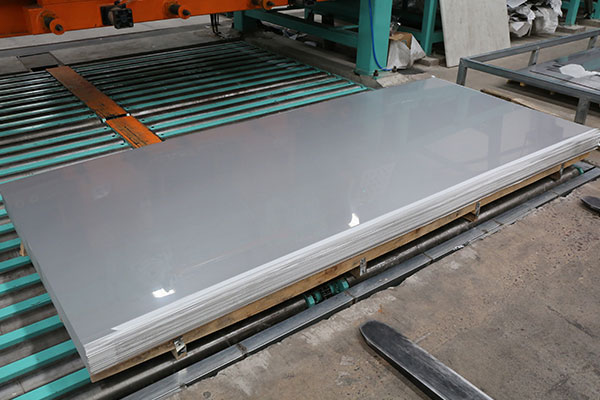Stainless steel is a top choice in pharma for its durability and versatility. This guide highlights its benefits, typical uses, popular grades, and best practices for effective use. Gain key insights for your stainless steel projects.
Overview of Stainless Steel in the Pharmaceutical Industry
Stainless steel, an alloy of iron, chromium, and other metals, forms a protective layer on its surface when exposed to oxygen, shielding the metal from oxidation and damage. Foundries may incorporate elements like nickel and molybdenum to enhance specific characteristics. While different grades offer varying resistance levels tailored to specific environments, stainless steel has been a fundamental material in the pharmaceutical industry since the early 1920s. Its popularity stems from its ability to resist harsh chemicals, extreme temperatures, and the rigors of standard sterilization processes, making it minimally reactive with drugs and chemicals. This versatility makes stainless steel ideal for tanks, pipes, valves, and equipment components in pharmaceutical manufacturing processes, it excels in blending, filling, and storage processes, offering longevity and cost-efficiency.
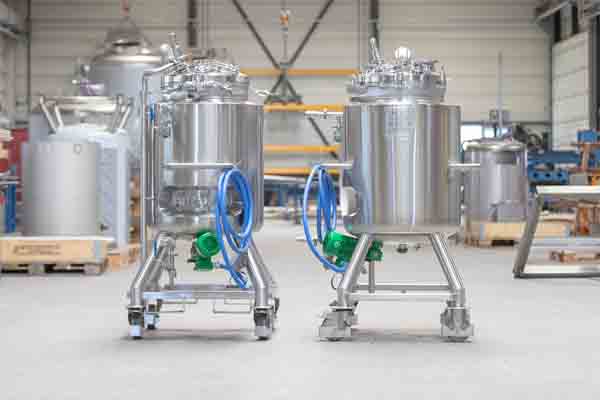
Common Uses For Stainless Steel In The Pharmaceutical Industry
Storage and Containment Solutions: Stainless steel is ideal for short- and long-term storage in pharmaceuticals, preventing unexpected reactions with its non-reactive properties. Its non-porous surface hinders contamination, ensuring easy cleaning and minimal maintenance costs.
Manufacturing Equipment and Processes: Stainless steel ensures high-quality pharmaceutical production by offering precise control over manufacturing equipment characteristics. It provides solutions for vessels, piping, valves, and tanks, allowing for cost-effective fabrication to meet specific requirements.
Cleanroom Equipment and Furniture: Stainless steel's non-porous surface and resistance to sterilization methods make it essential in cleanroom environments. Stainless steel components like workstations, shelves, and sinks maintain sterility and ease of maintenance.
Ventilation and Climate Control Equipment: Stainless steel is crucial in maintaining air quality in pharmaceutical facilities. It is used in HVAC systems, exhaust fans, and heat exchangers to ensure efficient air circulation and climate regulation.
Laboratory and Testing Equipment: Stainless steel is integral in pharmaceutical research and testing, providing durable and clean equipment such as autoclaves and analytical instruments that resist corrosion in demanding settings.
Popular Types Of Stainless Steel Used In The Pharmaceutical Industry
In the pharmaceutical industry, a select few stainless steel grades dominate usage due to factors such as availability, cost-effectiveness, and versatility. Among the most commonly utilized grades are:

· 316L Stainless Steel: Known for hygienic properties and resistance to corrosion, commonly used in pharmaceutical equipment.
· 304 Stainless Steel: Globally popular for corrosion resistance and ease of fabrication, found in equipment and storage tanks.
· 316Ti Stainless Steel: Offers enhanced resistance to corrosion in high-temperature environments, ideal for pharmaceutical reactors.
· 904L Stainless Steel: Excels in acidic settings due to molybdenum, nickel, and copper content, suitable for handling strong acids.
· 2205 Duplex Stainless Steel: Provides strength and corrosion resistance for high-stress applications in pharmaceutical processes.
Best Practices for Stainless Steel in Pharma Research & Manufacturing
Design Considerations for Optimal Performance: Different stainless steel grades vary in corrosion resistance, requiring meticulous selection based on specific applications and environmental conditions. Factors like exposure to corrosive substances or extreme temperatures dictate the most suitable grade. Fabrication and welding practices, along with the use of compatible fastener materials, are essential to mitigate galvanic corrosion risks.
Maintenance and Cleaning Procedures: Regular maintenance and cleaning of stainless steel equipment are essential to ensure sustained performance and safety compliance in pharmaceutical settings. Monitoring for signs of wear, damage, and corrosion is crucial, with immediate cleanup of spills to minimize contamination risks. Scheduled maintenance, quality control measures, and sampling protocols help enhance equipment longevity and maintain product integrity.
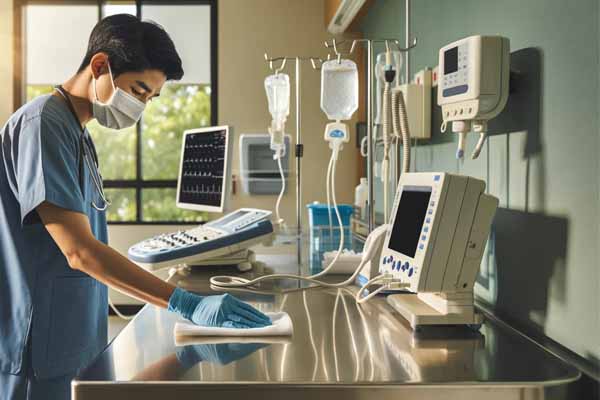
Compliance and Safety Measures: Adherence to maintenance protocols is key for effective stainless steel utilization in pharmaceutical environments. Tailoring practices to specific processes, materials, and regulatory requirements align operations with safety standards and reduce potential hazards. Regular inspections, proactive maintenance efforts, and strict adherence to cleaning procedures safeguard against contamination risks, uphold product quality, and ensure compliance with industry standards.
Key Takeaways
In pharmaceutical settings, stainless steel's passive layer is vital for reducing corrosion risks and facilitating cleaning. Various stainless steel grades offer different levels of corrosion resistance, with specific grades excelling in combating particular types of corrosion. Stainless steel is extensively used in pharmaceutical storage, manufacturing equipment, cleanrooms, ventilation systems, and laboratory apparatus. Key grades include 316, 316L, 304, 304L, 316Ti, 904L, and 2205 Duplex. Careful consideration of application and environment is essential when designing pharmaceutical equipment with stainless steel. Regular maintenance and cleaning of stainless steel equipment are crucial for optimal performance and industry compliance.
Ronsco caters to pharmaceutical companies and other industries, leveraging decades of experience and a comprehensive range of stainless steel products such as plates. Whether for large corporations or smaller enterprises, our skilled sales analysts are ready to assist you. Contact us today to discuss your requirements and discover how we can support you in sourcing materials and components for your upcoming projects.
 English
English Русский
Русский





